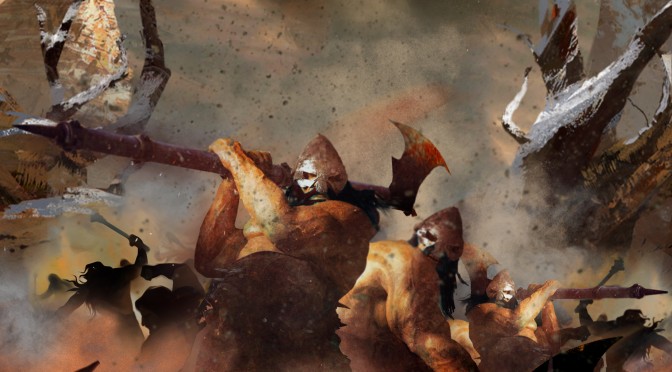Or perhaps “Religion Vs. Truth” would be a better title for this scene:
Some priests, and others from the L’vim sat with the visitors all that day. The offer was made early that the visitors were welcome to come outside the outer court of the Temple and worship Hashem.
“Thank-you, but no,” the ambassador said, with a nervous laugh. “That won’t be necessary.”
“I beg your pardon?” a priest asked, brows knitting. “You traveled all this way to make peace with us because you’ve heard that nothing and no one can stand against our god…yet you don’t want to know him?”
The visitors all glanced around their own countrymen, but eventually their collective gaze focused on the ambassador. He wiped sweat from his forehead and said, “True. We don’t want him to destroy us, but we’d prefer to serve our own gods.”
“You mean your own gods who can’t protect you from him?” a priest suggested.
“Well, um…yes,” the ambassador said.
The priest pointed at the stone idol resting on a wooden pedestal at the center of the visitors’ encampment. “That is the god you prefer to serve?” he asked.
“It is a representation of our god,” the ambassador said, uncomfortably. “It is sacred, because it bears his likeness. He dwells within it sometimes. It can receive our worship in his stead, when he chooses not to show us his image directly.”
“Let me make sure I understand this,” a priest said. “You have an opportunity to know the ultimate god, who created the world; and the wood, the stone, the metals that your so-called “gods” are made out of. And he created man, who formed your ‘gods’ out of wood, stone, or metals. But you would rather worship lifeless objects?”
“We wouldn’t expect you to understand,” the ambassador said.
“I think we do understand,” an angry-faced priest said. “You want Hashem’s mercy; you want his blessings; but you don’t want to give him anything in return.”
“It’s not just a stone idol,” one of the ambassador’s men stated, hotly. “It has power it is foolish to disrespect.”
Now Pinchas rose to his feet. “Let me give you a practical demonstration of religion,” he said, strolling toward the idol.
The visitors watched him apprehensively, some twitching as if about to stand.
Pinchas poked the statue with his staff. It toppled off the pedestal and thumped on the ground.
The visitors gasped. Some of the escorts shot to their feet, hands on weapons.
“Why would you disrespect our god this way, Yacovite?” demanded one of the escorts.
Pinchas turned to face the guests, shrugging. “When he puts himself back up on this pedestal, I’ll apologize.”
Gods & Proxies has gone wide. You can get it for most e-readers, including the Kindle.

